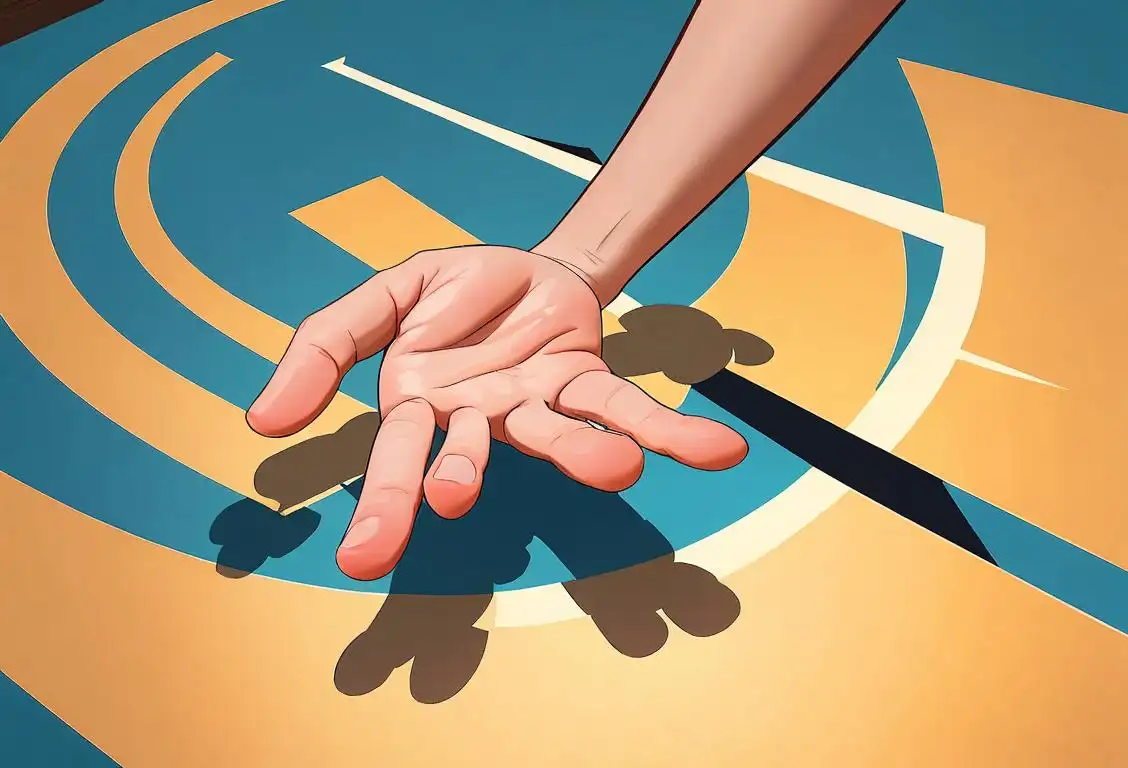National Bipolar Awareness Day

Welcome to WhatNationalDayIsIt.com, where we uncover the fascinating history behind our favorite national days! Today, we're diving into National Bipolar Awareness Day, a day dedicated to raising awareness and understanding for this mental health condition.
When is Bipolar Awareness Day?
It's national bipolar awareness day on the 26th May.
The Internet History of National Bipolar Awareness Day
On May 26, 2015, the internet went abuzz with discussions and support for National Bipolar Awareness Day. This day aims to educate people about bipolar disorder, reduce stigma, and promote empathy and understanding for those living with this condition.
During the online conversations, people shared personal stories, resources, and helpful tips on coping with bipolar disorder. Support groups and mental health organizations also took to social media to provide information and encourage open discussions about bipolar disorder.
Since then, National Bipolar Awareness Day has become an annual event, with various online campaigns and initiatives aiming to raise awareness for bipolar disorder and provide support for individuals and their loved ones.
Did You Know?
Bipolar disorder affects approximately 2.8% of the adult population in the United States. It is characterized by extreme mood swings that range from manic episodes of elevated energy, creativity, and euphoria to depressive episodes of sadness, lack of energy, and suicidal thoughts. With proper diagnosis and treatment, individuals living with bipolar disorder can lead fulfilling lives.
History behind the term 'Bipolar Awareness'
1980
Introduction of the term 'bipolar disorder'
In the year 1980, the term 'bipolar disorder' was officially introduced into the field of psychiatry. It replaced the previously used term 'manic-depressive illness'. This change in terminology reflected a more accurate understanding of the disorder, acknowledging that it involves alternating periods of mania and depression. The introduction of this term set the stage for greater awareness and understanding of the condition.
1991
First Bipolar Awareness Day
Bipolar Awareness Day, also known as World Bipolar Day, was first established in 1991. This day is dedicated to increasing awareness and reducing stigma surrounding bipolar disorder. It aims to educate the public about the condition, its symptoms, and available treatment options. By highlighting the challenges faced by individuals with bipolar disorder, this day aims to foster empathy, understanding, and support within communities worldwide.
2006
Launch of the National Bipolar Awareness Month
In the year 2006, the National Bipolar Awareness Month was launched in the United States. This month-long observance, held annually in October, focuses on engaging the public in conversations about bipolar disorder, destigmatizing the condition, and promoting mental health advocacy. The month is marked by various initiatives, including educational campaigns, fundraising events, and support group activities, aiming to raise awareness about bipolar disorder and improve the lives of individuals living with the condition.
2014
Increased online activism and social media campaigns
The year 2014 witnessed a significant rise in online activism and social media campaigns dedicated to bipolar awareness. Social media platforms, such as Twitter and Facebook, became powerful tools for individuals to share their personal experiences, spread information, and offer support to each other. Hashtags like #BipolarAwareness and #EndTheStigma gained popularity, amplifying the voices of those affected by bipolar disorder and reaching larger audiences. This online movement played a crucial role in dismantling misconceptions, fostering acceptance, and encouraging candid discussions about mental health.
2019
Growing recognition and support from organizations
In recent years, there has been a growing recognition of the importance of bipolar awareness among various organizations. Mental health advocacy groups, research institutions, and healthcare providers have committed efforts to support and educate individuals with bipolar disorder. Many organizations now offer resources, helplines, and community-based initiatives that aim to improve access to care, reduce stigma, and promote overall well-being. This broader recognition and support have contributed to creating a more compassionate and inclusive environment for individuals living with bipolar disorder.
Did you know?
Did you know that Bipolar Awareness Day was unofficially celebrated for many years before gaining recognition as a national day?Tagged
awareness mental health supportFirst identified
26th May 2015Most mentioned on
26th May 2015Total mentions
53Other days
Suicide And Crisis Hotline Is Open Twenty Four Hours A Day
Bipolar Awareness Day
Suicide And Crisis Line Is Open Twenty Four Hours A Day
Mental Health Awareness Day
Narcissistic Abuse Day
Self Harm In History Day
Schizophrenia And Psychosis Awareness Day
Suicide Prevention Day
Depression Screening Day
Eating Disorder Week And I To This Day






